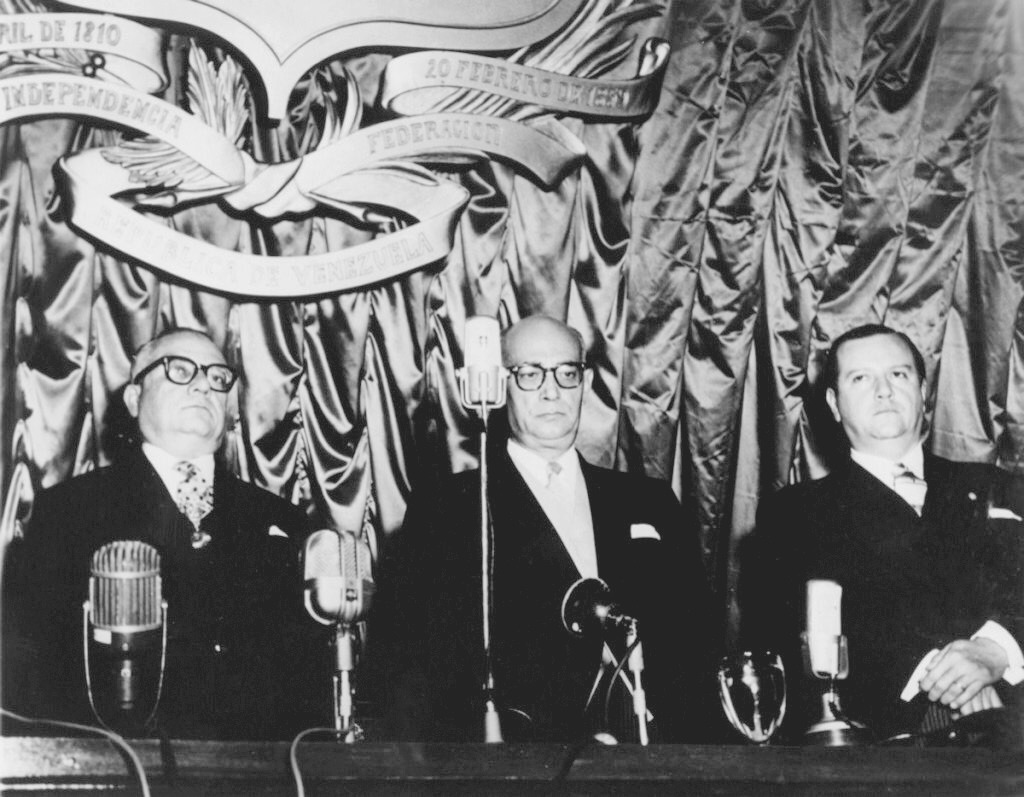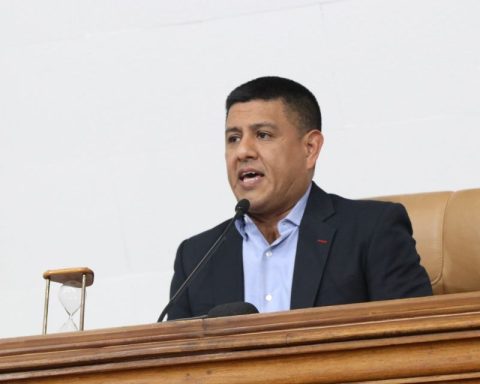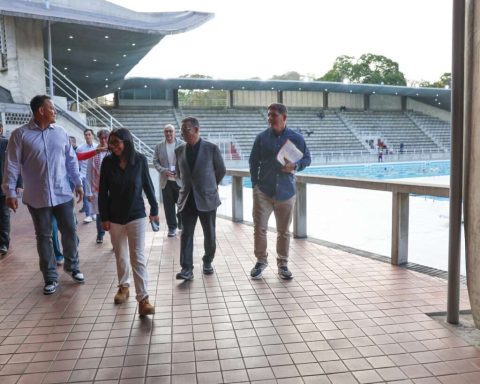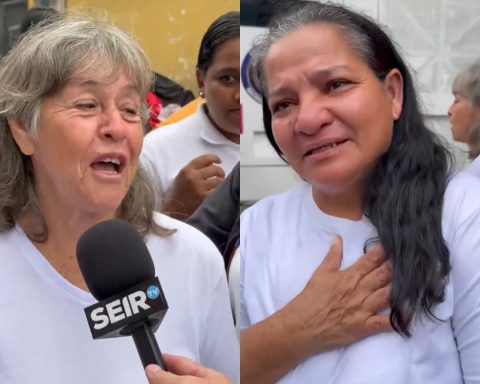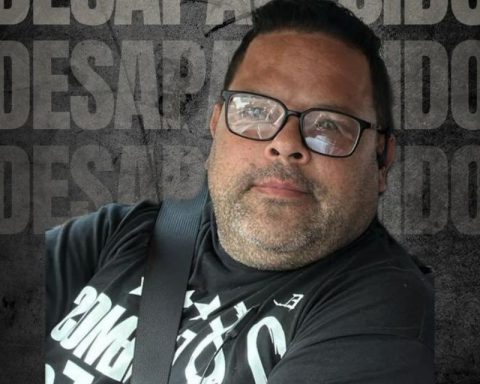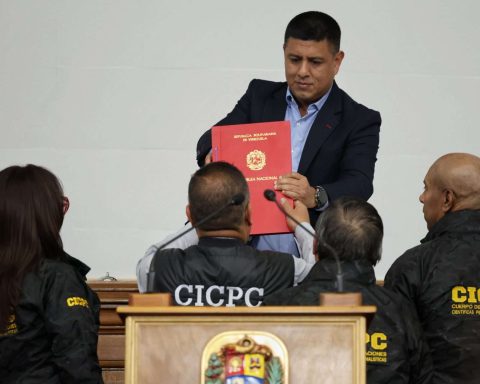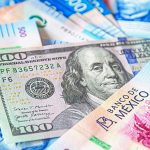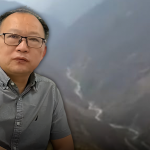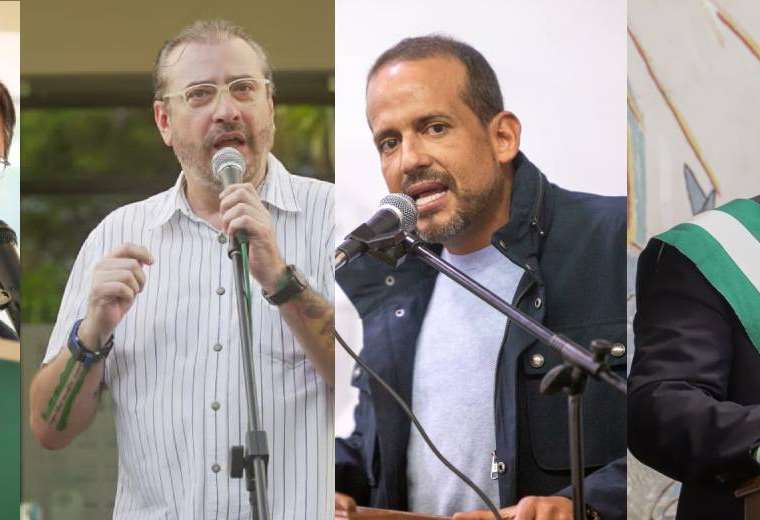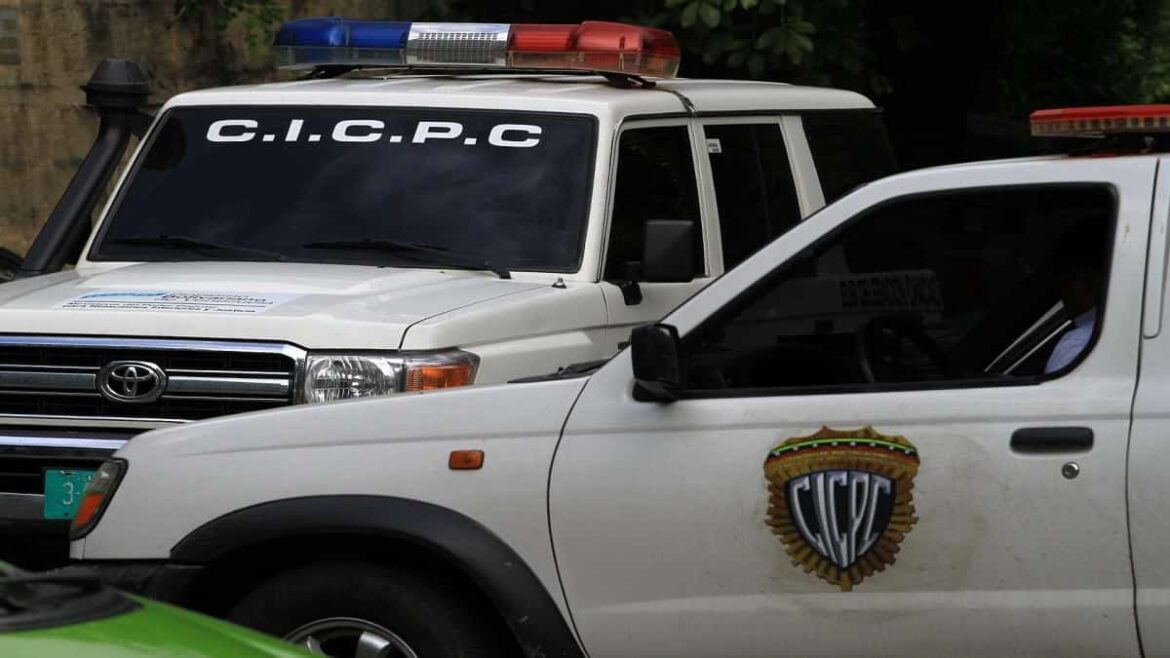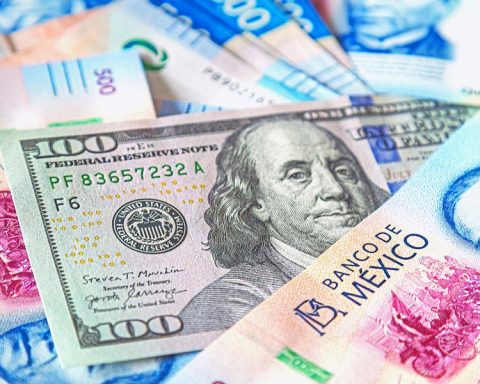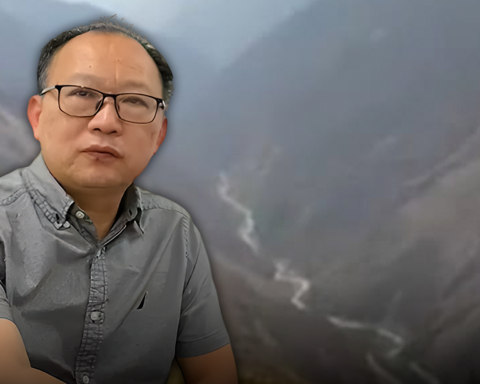Venezuelan electoral history is full of episodes in which, every time the final result was made official, expressions such as “fraud!”, “cheat!”, or that which, after using it so much, came to become a motto: “acta kills votes”, which in electoral jargon means that, regardless of the candidate or party that obtained the greatest acceptance from the voters, in the end what gave them victory was what appeared in the voting act.
Perhaps because it was a process where the President of the Republic was elected, the most remembered of these events was in 1993, when four candidates (Rafael Caldera, Claudio Fermín, Oswaldo Álvarez Paz and Andrés Velásquez) staged an intense dispute over the chair of Miraflores.
On that occasion, a few days before the election, the figure of trade unionist Andrés Velásquez began to stand out in the polls and especially in the voices of ordinary men and women, who had been elected twice as governor of the state of Bolívar, as the option that would ultimately put an end to the bipartisanship that had governed the country since 1958.
Precisely this factor was key so that the pressure of senior officers of the Armed Forces, led by the then Minister of Defense, Radamés Muñoz León (a Navy soldier identified with sectors of the conservative right), had an impact on the result that was given. Rafael Caldera as the winner and relegated Velásquez to fourth place.
The standard-bearer of La Causa Radical, who according to the definitive scrutiny of the Supreme Electoral Council obtained 1,232,653 votes, which represented (21.95%), denounced that fraud had been committed and based his assessment on the fact that, allegedly, officials of the Plan Republic prevented representatives of their party from witnessing the counting of the votes in many polling stations.
Added to this denunciation by Velásquez was another irregular situation: several boxes with electoral ballots from the aforementioned process were found in the areas surrounding the headquarters of the Supreme Electoral Council in Caracas, when that material should have been kept in custody by Plan Republica.
Days later, the little image of transparency of that electoral act collapsed with the discovery of numerous burnt and semi-destroyed electoral ballots in the La Bonanza garbage dump, located in Valles del Tuy, some 50 kilometers from the Capital, which raised even more doubts about the legitimacy of Rafael Caldera’s triumph.
The Súmate flat forms. Another of the types of fraud registered in Venezuela was recorded in 2004 during the process of collecting signatures promoted by the Súmate organization, led by María Corina Machado and Alejandro Plaz, to request before the National Electoral Council (CNE) the call for a referendum to recall the mandate of the President of the Republic, Hugo Chávez Frías.
This process (carried out on its own initiative by Súmate, without the endorsement of the CNE and with a completely manual method), in accordance with a meticulous technical investigation carried out by the electoral body, was fraudulently devised, since the forms that were used for the Capture of the signatures, called “flat sheets”, were mostly prepared with forged signatures, including those of deceased people, and duplicate signatures that multiplied the real number of people requesting the recall of Chávez’s mandate.
On that occasion, the then deputy to the National Assembly, Luis Tascón, denounced the irregularity of Súmate and asked him to hand over copies of the minutes where they collected the signatures for the activation of the referendum, which were never presented to them.
Machado insists on manual voting. After the officialization of the date for the holding of the primary elections of the opposition sectors, grouped in the so-called Unitary Platform (scheduled for Sunday, October 22, 2023, in order to choose a candidate for the 2024 presidential elections), An internal debate began to take place between the different factions and tendencies that make up this block, not only if these elections are ultimately carried out manually, as the majority of its leaders prefer, or if, on the contrary, they would accept technical assistance. of the National Electoral Council, with the consequent application of the automated system.
This position of Machado in favor of manual voting is nothing new, and for this reason it is worth remembering that on several occasions he has flatly denied the possibility of electronic voting.
Regarding this situation, the first vice president of the United Socialist Party of Venezuela (PSUV), Diosdado Cabello, recently stated that Machado and the majority of the leadership of the Unitary Platform do not agree with the application of an automated system for their primary elections. , because as they are used to the “traps” that were made in the fourth Republic, now it would be impossible for them to do so.
UCV: A recent example
Although it is not exactly a process where positions of popular representation are elected, the recent elections held to designate the new authorities of the Central University of Venezuela (UCV) are a convincing example of the difficulties currently involved in carrying out some elections with the manual method, even more so with the use of obsolete equipment more than two decades old, a situation that, as denounced on repeated occasions by the Together for Heritage movement, served to generate confusion and apathy in the Ucevista community that cries out for the renewal of a directive with 15 years in power.
All this was evidenced in the abortive process that was scheduled for May 26, in which, from the outset, all the candidates for rector and their respective boards expressed their disagreement with the improvised manner.
The main failures that came to light on May 26 were: insufficient ballot papers, since here it was not taken into account that, for the first time, the UCV elections would have a universe of more than 200 thousand voters, much higher than the registers of previous elections. Additionally, there was no adequate protection of the electoral material and part of it was damaged as a result of the rain that fell on it in the place where it was deposited.
Failures were also detected in the destruction of electoral material in the respective faculties. All this caused the event to be suspended and a new call was made for June 9.
Although errors from the first attempt were corrected in this process, several irregularities were also recorded that were exposed last Friday in a statement from Together for Heritage, which stated, among other things, that the UCV “does not have a record updated electoral document nor does it have validation against the national identity registry. In addition, there is no registry audit procedure so that the parties can validate the information contained therein”.
It was also denounced that “the totalization system does not use a robust database manager that complies with technological standards, or security criteria and effective backup management.”
Automated system guaranteed transparency

The conditions and guarantees for Venezuelans to exercise the right to vote have evolved since 1999.
Since then, it is traditional for Venezuela to hold elections, at least year-on-year. For this, the National Electoral Council has launched a continuous process of automating the vote.
However, before the approval of the 1999 Constitution, the voting system was manual, and many political observers attributed to it flaws and vices that manipulated the intention of voting.
The irregularities in the elections in which the vote was manual became a systematic condition of the political apparatus.
This mechanism lent itself to fraudulent actions that favored the largest parties. This is where the well-known phrase “act kills vote” was born, which described how rigged the voting process was due to the lack of witnesses from the smallest political groups at the polling stations, a situation taken advantage of by the dominant parties (Acción Democrática and Copei), that they distributed the votes among themselves and forged the minutes, according to information collected at that time in the social media.
The implementation of electronic voting in Venezuela has been progressive. The first fully automated elections were those of 1998, assisted by a foreign company, which was in charge of the electoral processes that were carried out between 1999 and 2003.
The system was mixed: the notebooks were still manual and the vote was on a card, in which an oval was filled in with a ballpoint pen, but the vote was entered into machines with an optical reader to count and totalize in a way automated.
Starting in 2003, the investment to achieve the automation of the different phases of the electoral process intensified.
In 2004, Venezuela became the first country in the world to hold a national election with machines that printed the vote receipt.
Then, in 2012, the country set the standard again, when it held the first national election with biometric voter authentication, to avoid an impostor’s vote, and the subsequent activation of the voting machine.
This progressive advance in the automation of the electoral process, to make it more expeditious and transparent, has been complemented with the expansion of the audit processes that are carried out in national, regional and municipal elections.
Among the audits that guarantee the electoral processes are those that are carried out on the voting software, production of voting machines, pre-dispatch of voting machines, infrastructure, the Biometric Identification System, production of the Biometric Identification System , to the data transmission network, the totalization system, closure, memories, subsequent, electronic receipts and printed notebooks.
The Venezuelan voting method was strengthened with the entry of the Comprehensive Authentication System (SAI), the last phase of the automation, which allows the voter to activate the machine with their fingerprint, which represents one more guarantee for the integrity of the vote, which in turn it is facilitated with the exposure of the candidate or political party on the screen.
